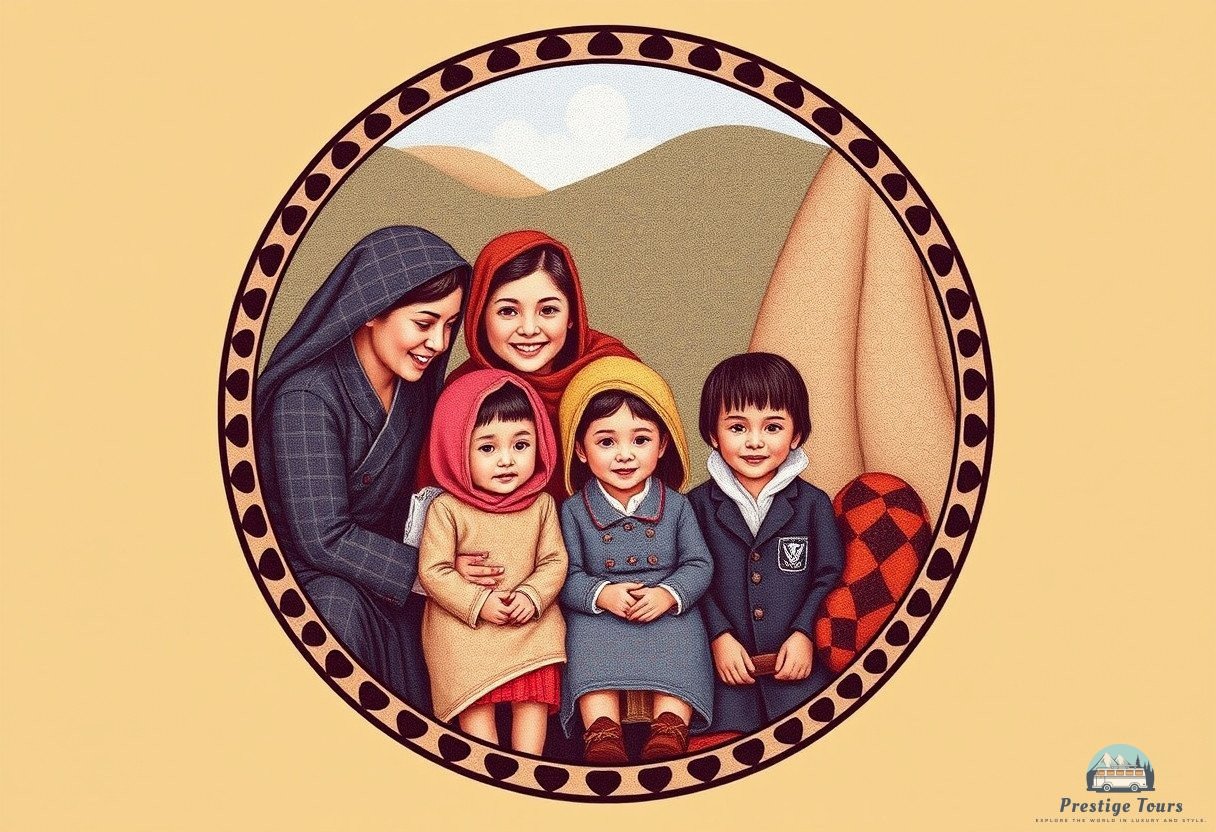Rethinking Luxury: The Ease of Family Travel in Collectivist Societies
In recent years, there has been a trend towards changing the approach to family travel in collectivist societies. This includes many parts of Asia, as well as Latin America and Africa. Family values and community ties here create a unique experience for travelers.
Benefits of Collectivist Societies for Family Travel
Collectivist societies are ideal models for family travel, offering the following benefits:
- Housing availability: In such countries, multi-family or apartment buildings are often offered, which reduces housing costs.
- Safety: High levels of community support provide protection and safety for travelling families.
- Cultural integration: Families can immerse themselves in the culture and traditions of the local people, making their travel experience more enriching.
Practical examples of family travel in collectivist societies
As an example, consider the experience of traveling in Japan, where traditional values of family and teamwork provide favorable conditions for tourists. Local agencies often offer specialized tours for families, including group activities and time spent together.

A study conducted by the World Tourism Organization found that more than 70% of trips to such countries are made by families, indicating growing interest in these destinations. For example, in 2022, more than 30 million tourists visited Japan, of which about 40% were families with children.
Comparison with the Western model of family travel
Unlike collectivist societies, Western countries often emphasize individualism and commercialization of family travel. Despite formal marketing approaches, many of them do not offer real solutions to the needs of families. This raises the question: Will the Western tourism industry rethink its approach to serving families, rather than relying on empty promises? – Rafat Ali.
The Future of Family Travel in Collectivist Societies
With the rise of globalization and the increasing availability of travel information, collectivist societies may become even more attractive to family tourism. Tourism innovators are adapting their services to the needs of families, such as:
- Group tours: Providing opportunities for families to travel with other families.
- Cultural exchange programs: Opportunity for children to participate in shared activities with local children.
- Flexible service packages: Selection of options that could meet the needs of different generations.
These changes will help more families discover the rich culture and traditions of collectivist societies. To learn more about how to organize family travel, you can read our previous articles at the following links: Traveling with Family and Family Vacation Ideas.


